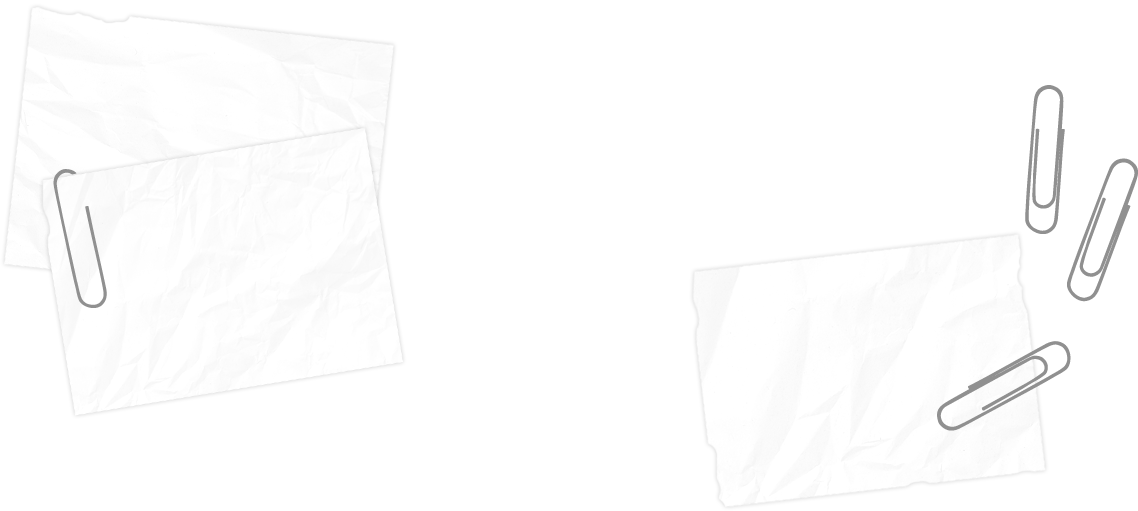Jennifer Stone
#FSUHESA
#SAGrad

Student Learning & Development






Articulate theories and models that describe the development of college students and the conditions and practices that facilitate holistic development (e.g. learning, psychosocial and identity development, cognitive-structural, typological, environmental, and moral).
In my college student development class I, in a group, researched and became experts at the Baxter Magolda theory of Epistemological Reflection. We then connected the theory to a well-known, and relevant, media depiction of higher education and used the characters in Pitch Perfect to demonstrate the theory at work.
Below you will find the PowerPoint we presented on the topic
Articulate one’s own developmental journey in relation to formal theories.
In my student development class I was asked to reflect on my own experiences and discuss how my own student affairs journey was impacted by the student development theories and models that have been researched. We initially wrote a paper about our journey without models before the class and rewrote it after. Looking back its interesting how one semester of learning theories can attach itself in such immense ways to the practical life experiences I had and how I can no recognize them and understand them better in such a short amount of time.
Below you will find my personal development paper.
Identify staff members’ level of competency regarding the ability to apply learning and development theory to practice, and create professional development opportunities utilizing various learning concepts.
During my time as an Orientation Assistant Supervisor through SUNY Cortland, within a NODA internship, I had the opportunity to build and create an entire training for the Orientation Assistants, we collaborated with multiple offices but I also made sure to supplement professional development workshops, for example resume writing, as well as personal developmental trainings to assist them in growing within their own development in relation to the students whom they were going to serve
Below you will find the PowerPoint I created for the training
Create and assess learning outcomes to evaluate progress toward fulfilling the mission of the department, the division, and the institution.
During RA training for the Florida State University RA’s we worked heavily with them to understand their job by learning how to handle crisis, day to day duties, be customer service, oriented, work with residents, create door decorations and bulletin board, become knowledgeable about resources on campus, and so much more. All of the work we did was towards the expectation that RA’s would fulfill certain competency areas and strive towards these goals. These competencies were crafted from developmental theories of learning that resident assistants could strive towards while being positive influences on their residents.
Assess teaching, learning, and training and incorporate the results into practice.
During my time at Florida State University, SUNY Cortland and Curry College a major theme is the teaching, learning, training and eventual evaluation of each staff member in order to help them improve and engage in their practice as a student leader. I was responsible in all my roles for providing lengthy and detailed feedback. As well as proving tips and action plans to continue to help student learn and grow in their position.
Below you will find an example of an evaluation I wrote for an Orientation Assistant